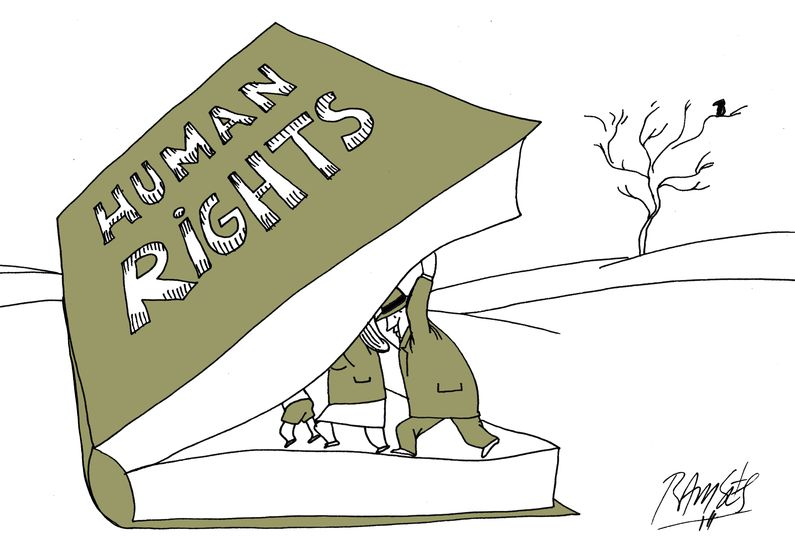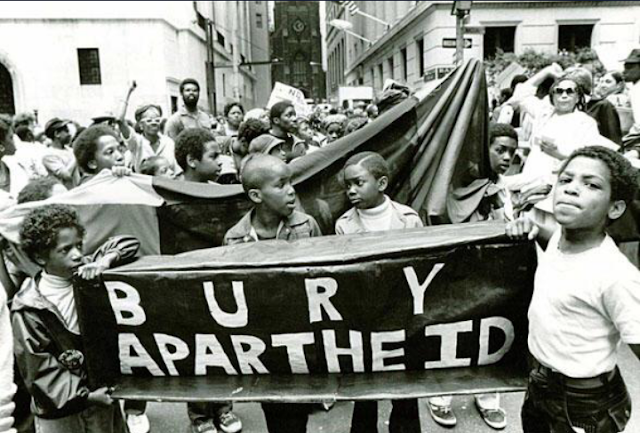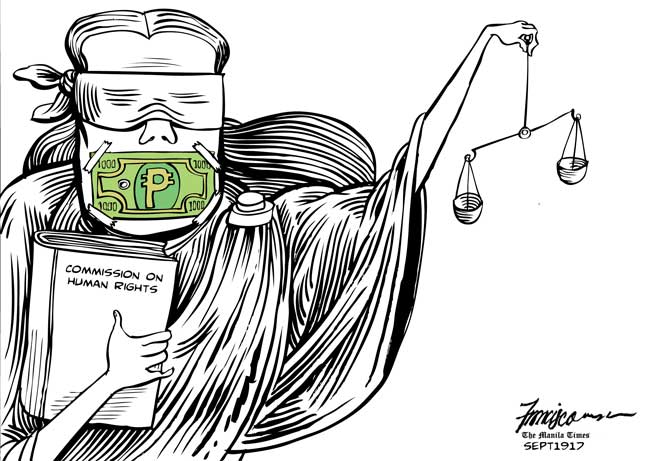[RUN’s History Critic Session] The Folly of “Rights”
Hi STEEMIT!
Today, we’re going to shift gears and try to dig a bit deeper into the word RIGHTS, which we often categorically associate with a positive connotation.

(Source: https://www.cartoonmovement.com/cartoon/20820)
The right to speak one’s mind, the right to be respected by others, the right to vote, etc. all come to mind--these are the pillars of democracy, the inalienable powers that we are given and have come to define the foundations of modernity. No wonder we always view the word in a positive light!
However! Rights based on jurisprudence. Is it really ALWAYS a good?
Since 1989, over 100 countries, small and big, established constitutions. In this process, decisions that used to be made on the community or village-level started to take place as pan-national rules and laws.

(Source: http://www.anonymousartofrevolution.com/2013/03/bury-apartheid.html)
But it turns out, there were a lot issues that needed addressing. Think about how we think about our legal system--how we view lawsuits and the doctrine of legality rules. The legal infrastructure, no doubt, was conceived as a way to protect the rights of the everyday John and Jane Doe. But it was always a small population of elites, the ones who were educated in the legal profession, or those who were rich enough to afford those professionals that ended up engaging in “lawfare”, and in that process, marginalized the rights of those very people whom the constitution (or the Bill of Rights) sought to safeguard.
Naturally, people wondered what was the right way to implement law, what constitutes rightful punishment, and who decides it?

(Source: http://www.manilatimes.net/commission-human-rights/351449)
Post-Apartheid South Africa is often considered to have one of the most liberal and advanced constitution in today’s world. Yet, even South Africa had to struggle a good deal about the follies of establishing the pens and pencils, the swords and shields through which people could engage in healthy discourse within the seemingly leveled playing field of law-abiding society, yet realized later that only a fraction of the population knew how to use those tools (read and write, fight and defend) to begin with.
That’s why the Law Train was so special: it literally had a train full of legal professionals who went from village to village and encoded their problems in the framework of the law so that they could be truly heard.
Judicialization without institutionalizing accessibility--critics call this a way that enabled the powerful to leech on the powerless with the same exact ways as their predecessors did, save the difference that now, they can justify it with the law.
What do you think? Is the establishment of law still a priority even if accessibility may come later? Or should the introduction of the former necessitate the immediate complementary access to the latter?
The story continues...
SNS
RUN USA Facebook
RUN Korea Facebook
RUN USA Instagram
RUN Korea Instagram
Thank you for sharing

This is none righteousness on the earth.
Thanks for reading :)
I think we should learn the law from basic education.
I think it would be good to learn law courses at elementary, middle, and high school.
The focus is to raise the public's understanding and application of the law.
If so, the barriers to the law at a certain level of concern will be lowered
Lawmakers would make laws while fearing the smartest people.
이번에도 코멘트 남겨 주셨네요! 관심 가져 주셔서 감사합니다.
Im your fan.
Because you do what I have wanted to do.